Lakeland Behavioral Health System helps children, adolescents, and teens struggling with mental health disorders build a strong foundation for long-term recovery.
Our Educational Program
Lakeland Regional School (LRS) is located in Missouri – in the beautiful city of Springfield– roughly one hour north of Arkansas. Lakeland Regional School is affiliated with Lakeland Behavioral Health System. Lakeland’s educational program serves patient/students in an age range parallel to when youngsters are traditionally enrolled in k-12 schools. The school program has earned national accreditation and receives annual approval in Arkansas and Missouri.
Lakeland Regional School program is staffed by a principal, ten teachers, and a special education facilitator. The principal, teachers and all substitutes are professionally certified through the Missouri Department of Elementary and Secondary Education (DESE). Nearly all have special education certification and the majority have advanced graduate degrees.
Available Services
Title I remediation services are available for students deficient in the areas of reading and mathematics. Speech and hearing, physical and occupational therapy services are provided for those whose Individualized Education Programs (IEP’s) call for such. While all students are encouraged to pursue completion of their high school education, assistance with GED preparation is available once high school graduation is no longer deemed an attainable goal.
For youngsters who complete the requirements for high school graduation while in residence at Lakeland’s treatment clinic, they and their family are afforded a choice – they may either request a diploma from their local (domicile) school district or be issued an LRS diploma, which has the same status and prestige as one issued by any high school in the nation. Within the recent past, twelve students qualified to graduate while at Lakeland Behavioral Health. In addition, LRS holds a formal recognition ceremony for youngsters who earn the right to be promoted from eighth grade into high school.
Our Primary Goal
Once enrolled at LRS, students attend five classes per day with instruction in the core areas of English, mathematics, science and social studies in addition to physical education. Both individually and as a team, LRS teachers are committed to assisting each student to make sizeable academic gains – tailored to individual needs – during his/her stay at Lakeland Behavioral Health in Missouri.
Our #1 goal is continuous improvement – both with individual students and as a program. Emphasis is placed on each youngster’s success while at Lakeland Regional School. Of greater significance, however, is their ability to perform upon leaving Lakeland’s treatment clinic in a manner that will enable them to be recognized as positive, contributing members of society.
Typical Length of Stay
The regular school year at LRS consists of 178 days of instruction. In addition, patients receive an additional 32 days of exploration, investigation, and discovery as part of the LBHS Summer Enrichment program.
Once the LBHS treatment team determines discharge is imminent, LRS administers an exit assessment for the purpose of measuring a youngster’s academic progress while in the residential program. With limited exceptions, the length of stay at LBHS ranges from two months to one year, and current statistics indicate an average length of stay between five and six months. Average post-assessment gains of all patients discharged during the same quarter of a calendar year range between one and three grade levels, which is excellent in light of their average length of stay.












